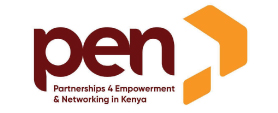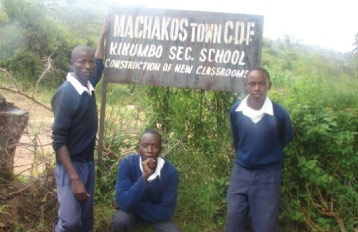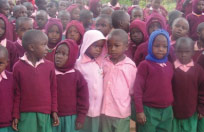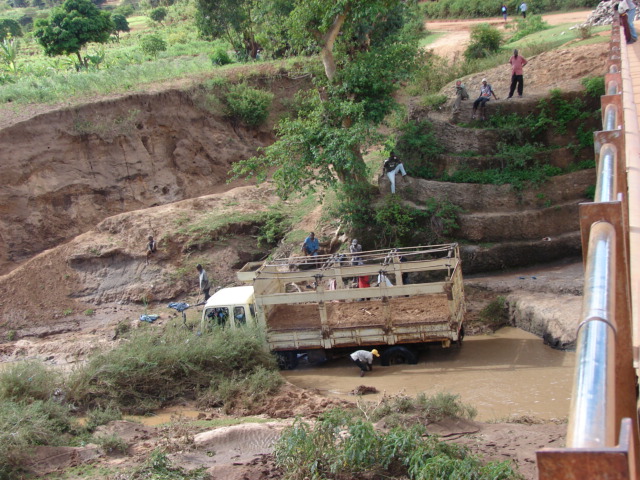Since its establishment and official registration in 2001, the Poverty Eradication Network (PEN) has engaged in particular with Community Development and Organizational Development for CSOs in Kenya. Between 2002 and 2003 PEN developed partnership relationships with 6 Kenyan NGOs across the country and between 2004 and 2006 further partnership relationships had been developed with another 20 Kenyan NGOs with financial support from Action Aid International Kenya (AAIK). The joint PEN/AAIK project provided Organizational Development services and support to selected Kenyan NGOs. This led to two cycles of a pilot project completed in late 2006. Through this support from AAIK, PEN reached over 400 NGOs and other types of CSOs in Kenya in its awareness raising seminars undertaken in all the 12 regions of Kenya.
A report from the divisional agricultural extension officer, Kalama division and members of Kyanzimbi FFS shows that, members from the schools or with information from its sources harvested nine to ten 90 kg sacks/ ha compared to 2-3 90 kg sacks/ha among non- farmer field schools members.
“I can’t search for a job because am self employed after being trained by PEN. I have my own tree nursery and also a group. Those activities have made me get income to educate three children in high school,” Patrick Nguta of Iia Itune CBO.
According to the agricultural extension officer Kalama division, the use of high yield seeds among FFS members is above 80% for those who graduated and averagely 55% for those who had not completed compared to 20%-30% among non farmer field schools. This increased food production and income generation among the members of FFS.
The main objectives of the project were for selected NGOs to demonstrate enhanced institutional capacity in organizational development, strategic planning and good governance. The project was implemented in three phases: first regional awareness raising seminars in all the 12 regions of Kenya; second a three day training workshop for selected NGOs on good governance, strategic planning and resource mobilization; and thirdly a 12 to 18 months accompaniment programme for 10 final organizations at their offices.
This project has had a big impact on the profile of PEN and also on the participating organizations. The 10 Organizations that went through the accompaniment programme are now very successful organizations. Organizations that did not attend the accompaniment phase have independently approached PEN for capacity building support. We have supported many of these NGOs. Many of the participating organizations now exhibit high level of governance and management. For example, LIDA in Kisumu have now used the skills acquired to expand their donor base. There is more focus on sustainability by these organizations and majorities have revised their strategic documents with more emphasis on institution building rather than projects. PEN has now been recognized in all the regions of Kenya as a key institutional provider for the civil society sector in Kenya.





